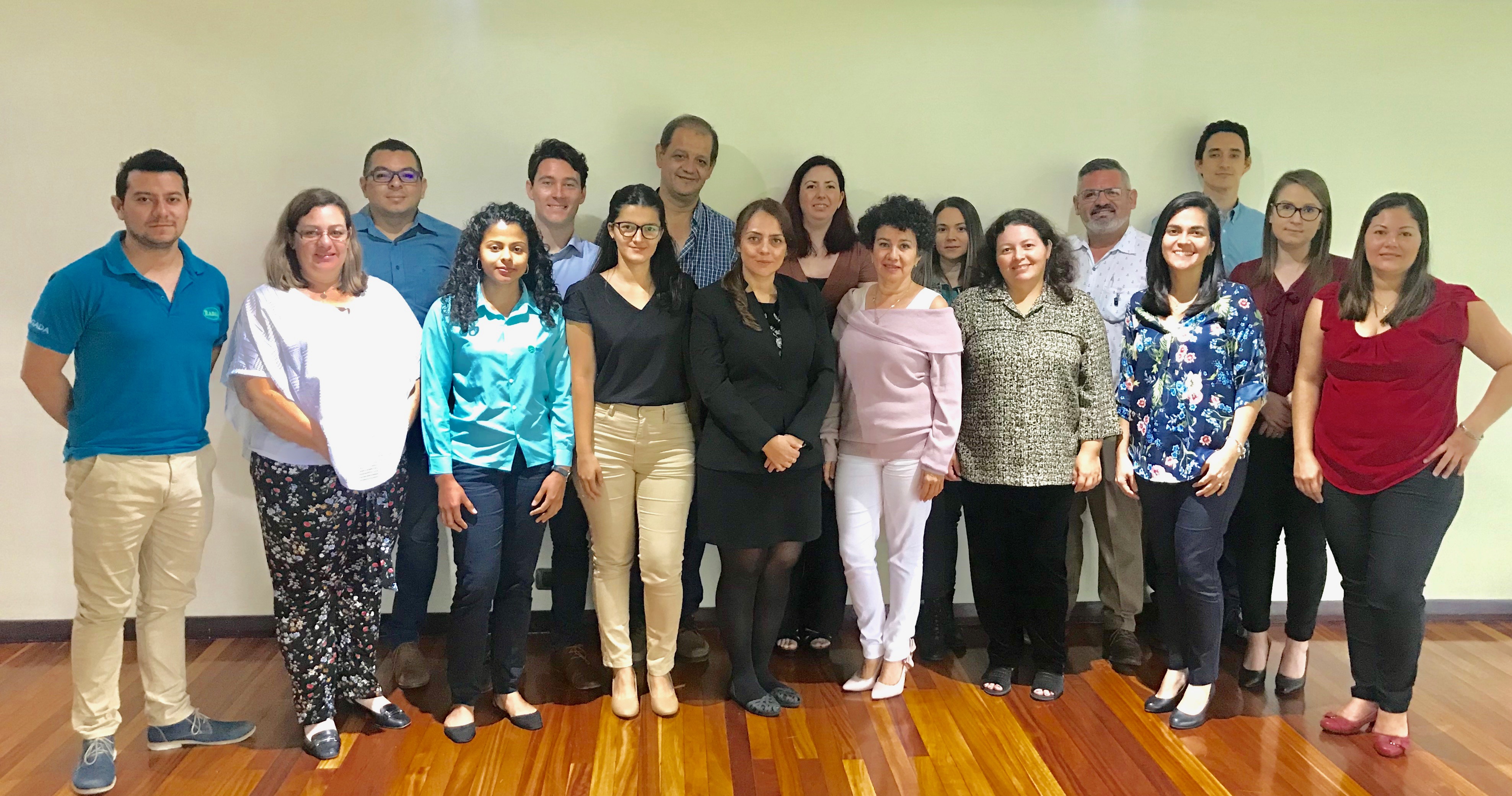
Meeting Title: National Workshop on Waste Statistics in Costa Rica / Taller Nacional de Estadísticas de Residuos en Costa Rica
Location: San José, Costa Rica
Date: 14th - 15th November 2018
Partners:
SDG Indicators: 11.6.1, 12.3.1.b, 12.4.1, 12.4.2, 12.5.1
Type: Chemicals and Waste
Brief Description
English
The integral management of waste is an essential component of sustainable development. In order to carry on this task, there are a series of indicators of the Sustainable Development Goals (SDG) specifically aimed at monitoring waste and chemical substances, the impact on the environment and human health. There are indirect links that relate the objectives of the Objectives of Sustainable Development with the health of ecosystems, sustainable consumption and production.
Bilateral meetings were held by UN Environment in order to become familiar with the current situation of waste statistics in Costa Rica through discussions with the main stakeholders in preparation for the two-day workshop. This allows a deeper understanding of the roles and responsibilities of stakeholders within the country's statistics and waste management systems and promotes richer and better-informed discussions during the Workshop.
As part of fulfilling the objectives of this workshop, UN Environment explored the number of parties to international multilateral environmental agreements on hazardous waste and other chemical products that comply with their commitments and obligations in the transmission of information as required by each relevant agreement.
Español
La gestión integral de los residuos es un componente esencial del desarrollo sostenible. Con el fin de llevar a cabo esta tarea existen una serie de indicadores de los Objetivos de Desarrollo Sostenible (ODS) destinados específicamente a monitorear los residuos y las sustancias químicas, el impacto en el medio ambiente y la salud humana. También, hay vínculos indirectos que relacionan los objetivos de los Objetivos de Desarrollo Sostenible con la salud de los ecosistemas, el consumo y la producción sostenibles.
Beuniones bilaterales se llevaron a cabo entre el grupo de PNUMA con el fin poder familiarizarse con la situación actual de las estadísticas de residuos en Costa Rica a través de discusiones con los principales interesados, en preparación para el Taller de dos días. Esto permite una comprensión más profunda de los roles y responsabilidades de las partes interesadas dentro de las estadísticas del país y los sistemas de gestión de residuos, y promueve discusiones más ricas y mejor informadas durante el Taller.
Como parte del cumplimiento de los objetivos de este taller, ONU exploró los número de partes en acuerdos ambientales multilaterales internacionales sobre desechos peligrosos y otros productos químicos que cumplen con sus compromisos y obligaciones en la transmisión de información según lo requerido por cada acuerdo relevante.
Menu options
| Agenda |
| Lista de asistencia |
| imágenes |
